Before You Fly: The Top Reasons a Dental Bridge in Costa Rica Might Be a Mistake
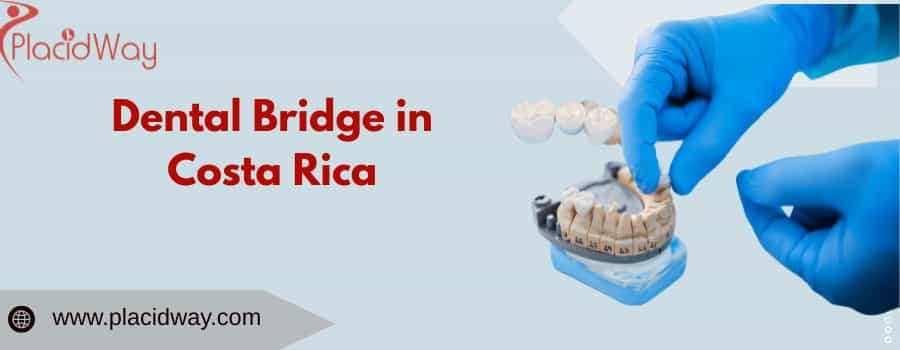
Costa Rica has become a premier destination for high-quality, affordable dental work, attracting thousands of patients for procedures like dental bridges. A dental bridge in Costa Rica can be an excellent solution for replacing missing teeth, restoring your smile and chewing function at a fraction of the cost you might find at home. However, a dental bridge is not a one-size-fits-all solution. Certain factors related to your oral health, overall health, and specific dental needs can make you a poor candidate for this procedure.
Understanding these contraindications is crucial before you book your flight. While the dentists in Costa Rica are highly skilled, the fundamental requirements for a successful and long-lasting dental bridge are universal. This guide will walk you through the key reasons why a dental bridge might not be the right choice for you, helping you make an informed decision about your dental tourism journey.
Who is not a good candidate for a dental bridge?
"You are not a good candidate for a dental bridge in Costa Rica if you have poor oral hygiene, active gum disease, weak or heavily restored neighboring teeth, multiple consecutive missing teeth, or uncontrolled health conditions like diabetes or bruxism."
A successful dental bridge relies on a strong and healthy foundation. If the supporting structures are compromised, the bridge is likely to fail, leading to more complex and costly problems down the road. It's essential for a reputable dentist, whether in Costa Rica or elsewhere, to conduct a thorough examination to ensure you are a suitable candidate before proceeding with treatment.
What if my adjacent teeth aren't healthy?
"If the teeth adjacent to the gap (abutment teeth) are weak, have large fillings, or suffer from significant decay or fractures, you are likely a poor candidate for a traditional dental bridge."
A traditional dental bridge requires the two teeth on either side of the gap to act as anchors. To fit the bridge, a dentist must shave down a portion of the enamel of these abutment teeth to place crowns over them. If these teeth are already compromised, this process can weaken them further.
Placing a bridge on weak foundations is a recipe for disaster. The pressure from chewing and biting is transferred to these anchor teeth, and if they are not structurally sound, they can fracture, develop decay under the crown, or even require extraction. This would cause the entire bridge to fail. A reputable dental clinic in Costa Rica will insist on healthy, stable abutment teeth or recommend an alternative like a dental implant.
Can I get a bridge if I have gum disease?
"No, patients with active, untreated periodontal (gum) disease are not good candidates for a dental bridge. The inflammation and bone loss associated with gum disease can compromise the support for the abutment teeth."
Gum disease is an infection of the tissues that hold your teeth in place. In its advanced stages (periodontitis), it leads to the destruction of the jawbone. Since a dental bridge relies entirely on the stability of the abutment teeth, which are anchored in the jawbone, any bone loss can severely undermine the bridge's support.
Before you can be considered for a dental bridge in Costa Rica, any active gum disease must be treated and brought under control. This might involve deep cleanings (scaling and root planing) and a period of healing to ensure your gums and bone are healthy enough to support the restoration long-term. Attempting to place a bridge in a mouth with active periodontal disease is a leading cause of bridge failure.
What if I'm missing too many teeth in a row?
"If you are missing more than two or three consecutive teeth, a traditional dental bridge is generally not a recommended solution. The longer the span of the bridge, the more stress is placed on the supporting abutment teeth."
Think of a real-world bridge: the longer it is, the more support it needs in the middle. With a dental bridge, all the chewing force is distributed between just two anchor teeth. When the gap is too large, these teeth are put under excessive biomechanical stress.
This immense pressure can cause the abutment teeth to become loose, fracture, or even fail completely. For patients with a long span of missing teeth, a dentist in Costa Rica will almost certainly recommend a more stable and durable solution, such as multiple dental implants or an implant-supported bridge, which provides its own support directly from the jawbone.
How much does a dental bridge in Costa Rica cost?
"A standard 3-unit cost of dental bridge in Costa Rica between $1,200 and $2,050, whereas the same procedure in the United States can cost anywhere from $3,000 to $8,500 or more."
This significant cost saving is a primary reason patients travel to Costa Rica for dental work. The lower price is not a reflection of lower quality materials or less experienced dentists. Instead, it's due to the country's lower cost of living, which translates to reduced operational costs for dental clinics, lower staff salaries, and more affordable lab fees.
The final price of your bridge can vary based on several factors:
- Material: A bridge made from porcelain-fused-to-metal (PFM) is often the most affordable. A full porcelain or zirconia bridge, which offers superior aesthetics, may cost slightly more, though still significantly less than in the US.
- Number of Units: The cost is calculated per unit (each artificial tooth and each crown). A 3-unit bridge is the most common, but a 4-unit or larger bridge will cost more.
- Clinic Reputation: Premier clinics with highly sought-after specialists may have prices on the higher end of the Costa Rican scale, but these prices still represent a substantial savings over US costs.
Even when factoring in the cost of travel and accommodation, most patients save 50-70% on their dental bridge procedure by choosing a top-tier clinic in Costa Rica.
Does my overall health affect my candidacy?
"Yes, certain uncontrolled systemic health conditions can make you a poor candidate for a dental bridge. Conditions like uncontrolled diabetes, autoimmune disorders, or a compromised immune system can affect healing and increase the risk of complications."
Your oral health is intrinsically linked to your overall health. Uncontrolled diabetes, for instance, impairs the body's ability to heal and fight off infections, which can lead to complications after the bridge preparation, such as gum infections. Patients undergoing certain cancer treatments or with autoimmune diseases may also experience healing difficulties.
It's vital to provide your Costa Rican dentist with a complete and honest medical history. They need this information to assess your risk profile and ensure the procedure can be performed safely. Being a dental tourist means you need to be in stable health to travel and undergo a dental procedure without undue risk.
Is teeth grinding (bruxism) a problem for bridges?
"Yes, severe, unmanaged bruxism (the habit of grinding or clenching your teeth) makes you a less-than-ideal candidate for a dental bridge. The excessive forces generated can damage the porcelain of the bridge or harm the supporting teeth."
Bruxism places an enormous amount of stress on your teeth and dental restorations. This constant, powerful grinding can cause the porcelain on the bridge to chip, crack, or wear down prematurely. More critically, it can overload the abutment teeth, leading to fractures or loosening of the bridge.
If you have a history of bruxism, it’s something you must discuss during your consultation. A dental professional in Costa Rica might recommend managing the bruxism with a custom nightguard to protect the bridge and your natural teeth. However, if the habit is severe and unmanaged, they may advise against a traditional bridge in favor of a stronger solution like an implant.
What if I have poor oral hygiene habits?
"Patients with a history of poor oral hygiene are not good candidates for a dental bridge. A bridge requires meticulous cleaning to prevent decay in the abutment teeth and gum disease around the restoration."
A dental bridge is not a "fit and forget" solution. It requires more diligent care than your natural teeth. Plaque and food particles can easily get trapped under the pontic (the artificial tooth) and around the margins of the crowns on the abutment teeth.
If this plaque is not removed daily, it can lead to rampant decay in the supporting teeth or gum disease, both of which will cause the bridge to fail. If you are not committed to maintaining a strict oral hygiene routine, including using special tools like floss threaders or water flossers, a dental bridge is a poor investment, regardless of where you get it done.
Ready to find out if you're a good candidate for a dental bridge or other dental solutions in Costa Rica? Explore the trusted and verified dental clinics on PlacidWay. We connect you with world-class dental professionals who can provide a comprehensive evaluation and help you achieve a healthy, beautiful smile safely and affordably.
?

.png)






.png)
.png)
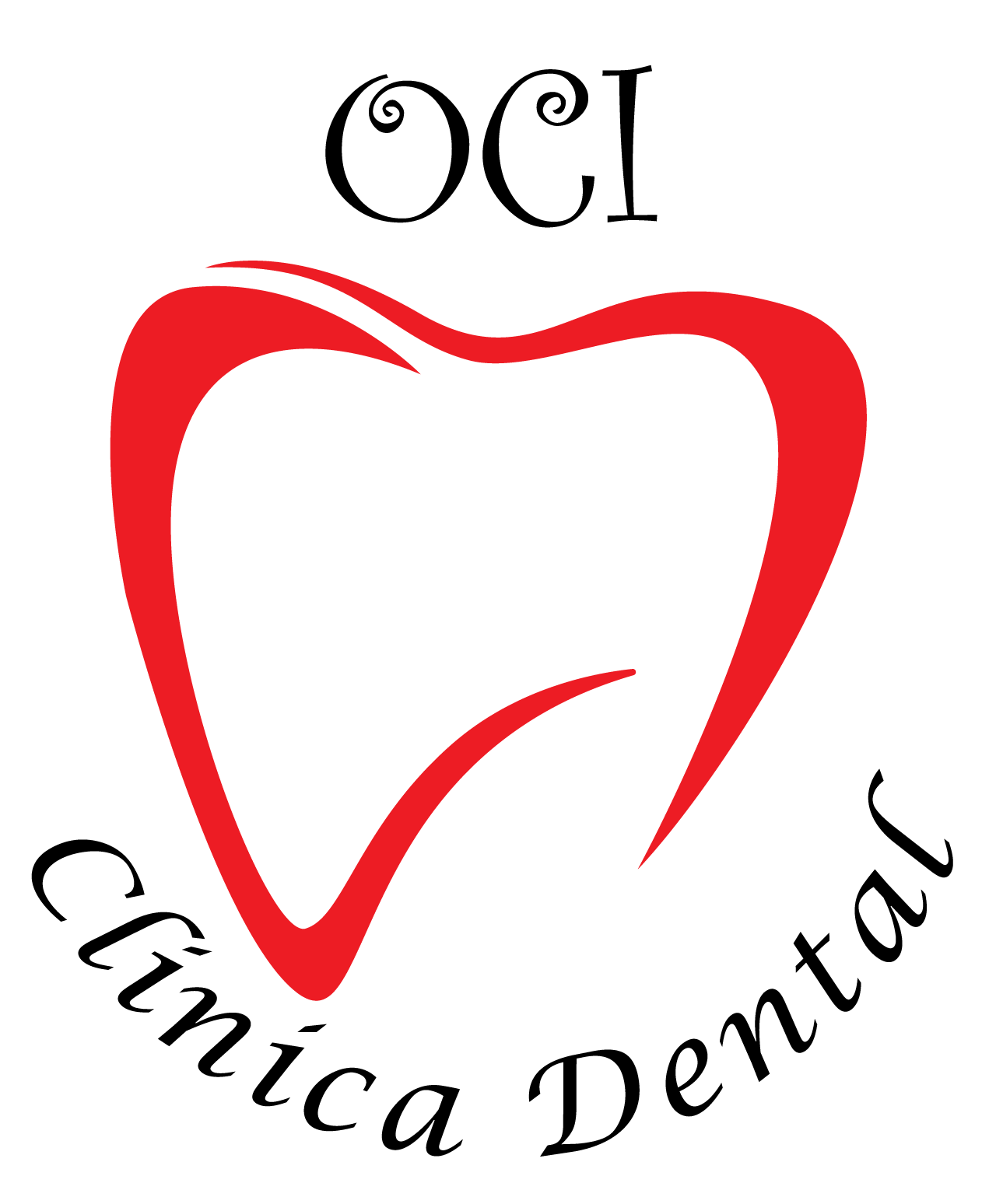
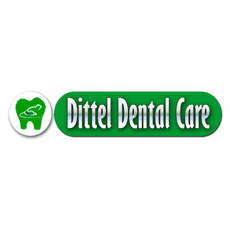
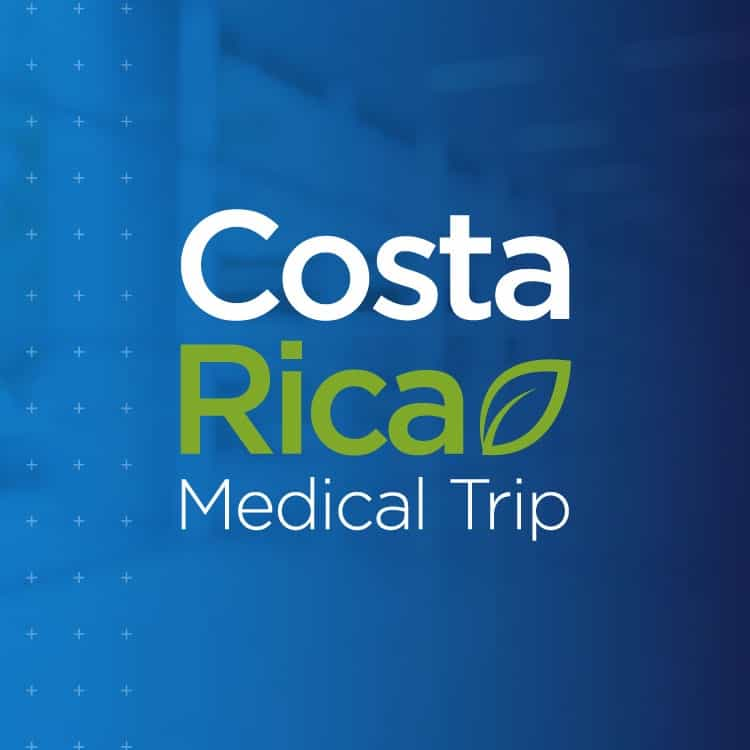
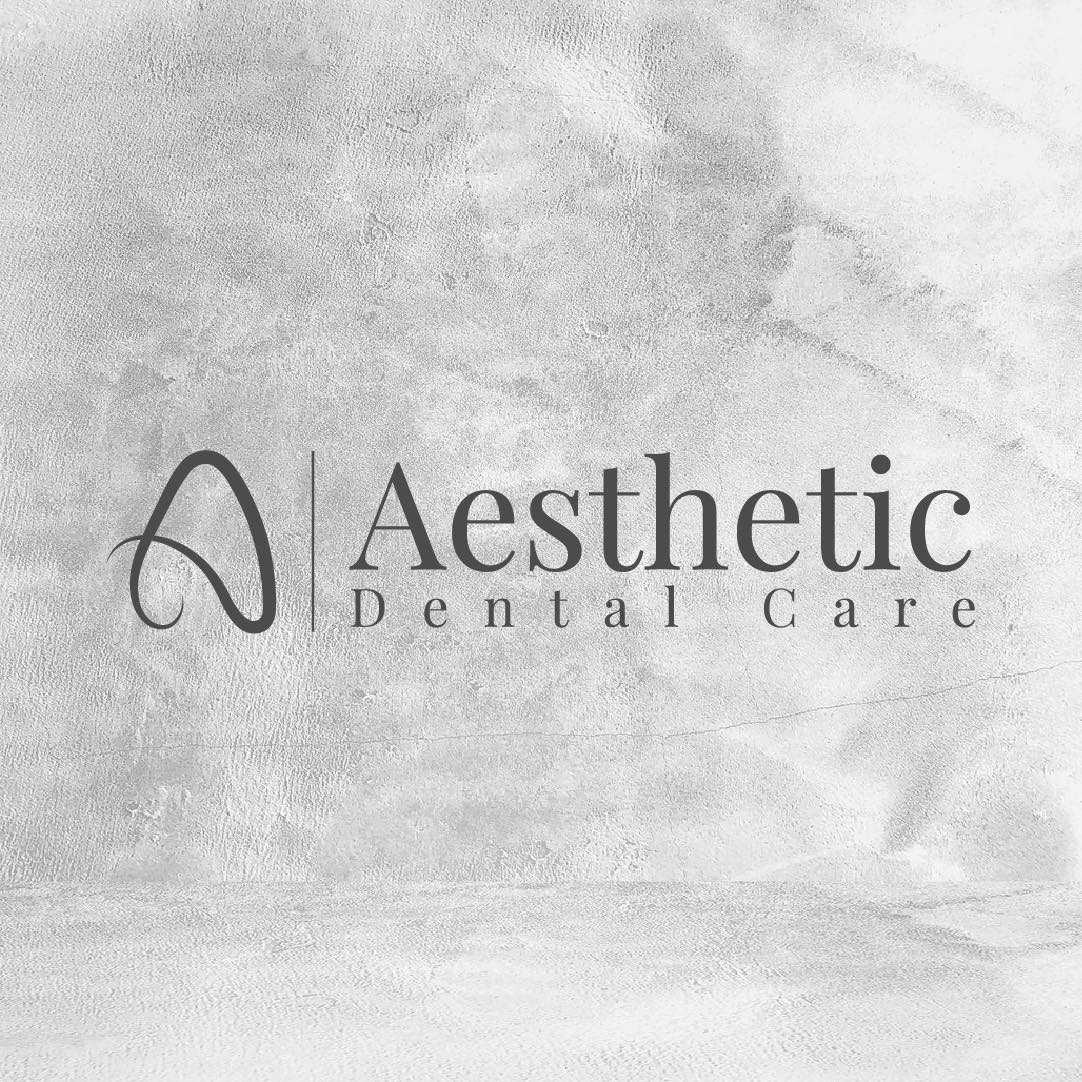


Share this listing